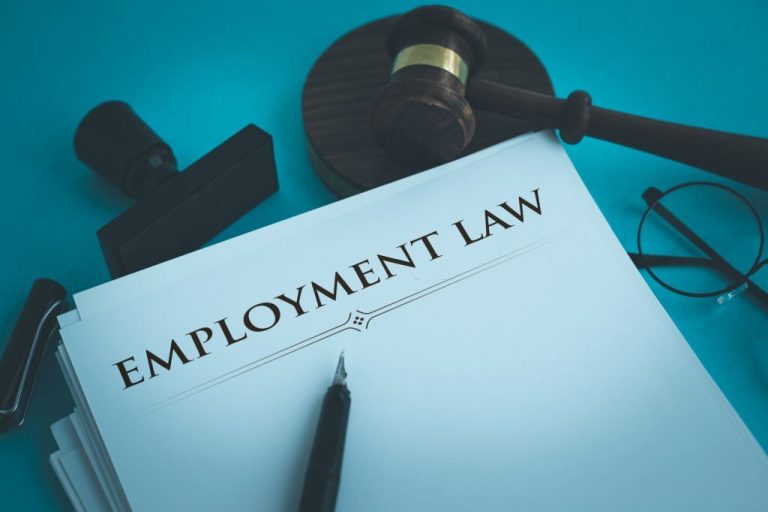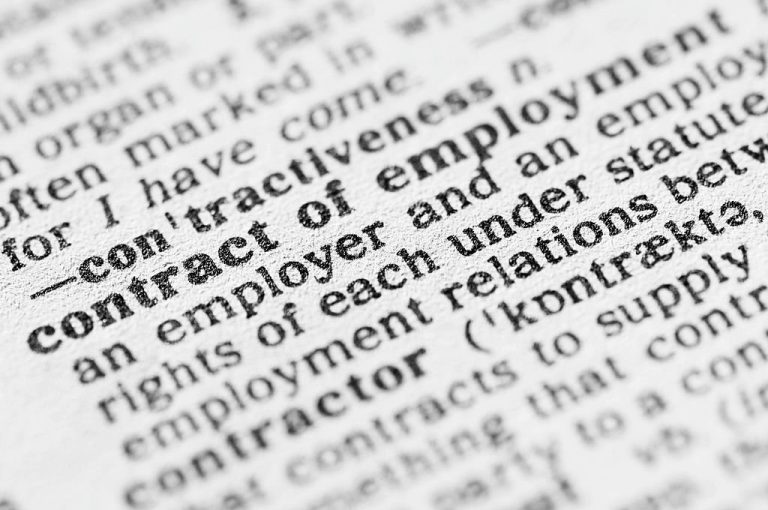When is it fair to dismiss an employee? Conduct vs Capability
There are five possible just grounds for the dismissal of an employee. The two of these are dismissal due to capability and misconduct. The line between conduct and capability dismissal is murky in employee management.
The dismissal of an employee can happen due to:
Fair reasons
It will not always be easy to tell whether issues are connected to the employee’s capability or conduct. While some situations will be simple and entail only conduct and capability, others will be more challenging. It is crucial that any concerns be appropriately classified and that the right procedure is followed for the benefit of both the company and the employee.
If a concern is raised, it may be necessary to conduct an inquiry to ascertain whether the behaviour in question is related to the employee’s conduct or capabilities. The ACAS Code on Disciplinary and Grievance Procedures emphasises the value of conducting a thorough inquiry to gather information regarding any potential disciplinary matters.
In order to help discover any underlying difficulties, an employer should also communicate their concerns with the employee. The employer may be required to make reasonable adjustments, for instance, if the issue is one of an employee’s disability.
Conduct issue
The term “conduct” typically refers to an employee’s decisions and actions that are under their control. This can entail acting carelessly or ignoring the employer’s rules.
A formal disciplinary process may be necessary and the employer’s disciplinary policy should be followed in situations where the employee’s behaviour is a cause for concern.
Capability issue
Capability issues typically arise when an employee’s “behaviour” is beyond their control and negatively impacts their performance. They can be unable to perform because they lack the necessary training, are ill, or are dealing with personal issues at work, such a bereavement. Managing a worker’s subpar performance is essential to maintaining the company’s productivity. An employer should point out areas where an employee can grow and assist them in doing so.
If a capability issue is incorrectly categorised as behaviour and an employee is subject to disciplinary action rather than receiving training or support, this could have serious repercussions for the business and give rise to a claim from the employee. For instance, a worker whose production is poor as a result of a medical issue can allege that discrimination occurred as a result of their disability.
Policies
Employers must have clear policies in place that detail the various procedures for handling behaviour and capability problems. This will clear things up for the employee, avoid unfair dismissal, and employers make sure the right procedure is followed.
Before dismissing an employee, the employer should give the employee a final written warning to give them a chance to improve and follow the rules of the employment law or, if they fire the employee, they must mention the reason for dismissal.
The danger of winning claims against the company can be decreased by having thorough policies and training workers on them. Please get in touch with one of our knowledgeable employment lawyers if you want to talk about any of the problems addressed in this article.







